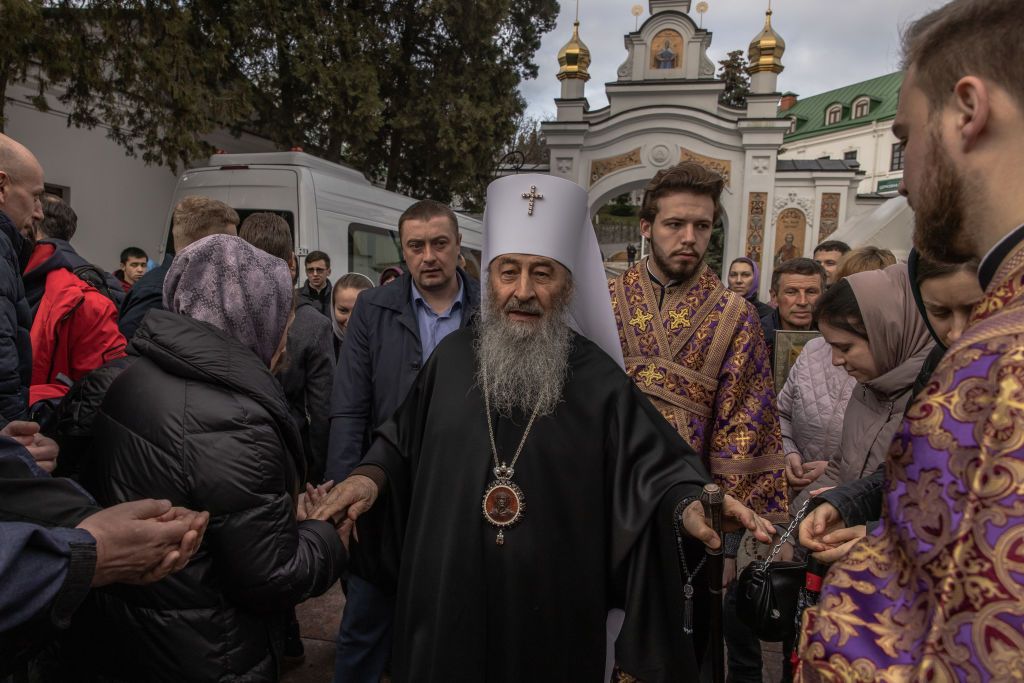Estonian parliament declares Russian Orthodox Church 'sponsor of Russian military aggression'

Estonia's parliament backed a resolution on May 6 to declare the Russian Orthodox Church to be an "institution sponsoring the military aggression of the Russian Federation."
The church, also known as the Moscow Patriarchate, has broadly supported Russia's full-scale war against Ukraine.
Patriarch Kirill, the head of the church, is a staunch backer of Russian President Vladimir Putin and has been accused of using his subordinates in Ukraine and other countries to spread Russian propaganda.
"Ever since the Russian Federation launched its full-scale war against Ukraine in 2022, Patriarch Kirill of Moscow....has expressed his public support to the act of aggression of the terrorist regime of the Russian Federation," the statement by Estonia's parliament read.
"The leaders of the Moscow Patriarchate and Patriarch Kirill are using the 'Russian World' ideology as a tool to promote the war; it is being utilized to destroy the last manifestations of Russian democracy, militarize Russian society, and justify the aggression in order to expand the Russian Federation to all of the territories dominated by it in the past, including Ukraine," it continued.
The parliament noted that the declaration specifically concerned the church as an institution and not its congregants.
"Estonia must preserve the constitutional right to religious freedom, with full consideration for the rights and freedoms of everyone living here," the statement concluded.
Estonia has previously accused leaders of the Estonian Orthodox Church, a branch that is under the jurisdiction of the Moscow Patriarchate, of backing Russia's full-scale war.
The church's leader, Metropolitan Yevgeniy, left Estonia in February after the government decided not to extend his residence permit on the grounds that he made public statements and actions in support of Russian aggression.
Ukraine has also accused the Moscow Patriarchate-linked Ukrainian Orthodox Church of supporting Russia's full-scale war.
The Security Service of Ukraine (SBU) announced in April that Metropolitan Arsenii, who served at a church in Donetsk Oblast, was suspected of revealing information about the location of Ukrainian troops in the area.














